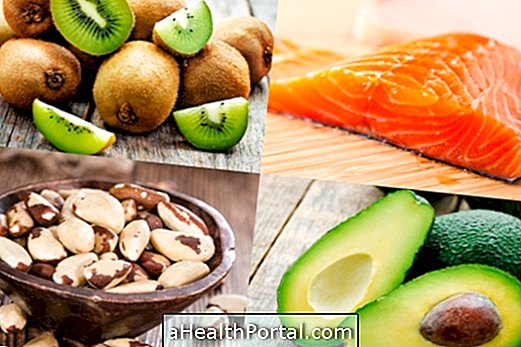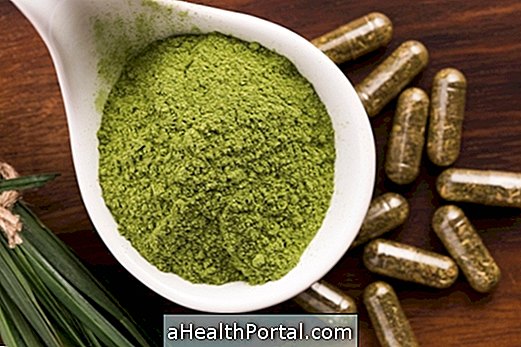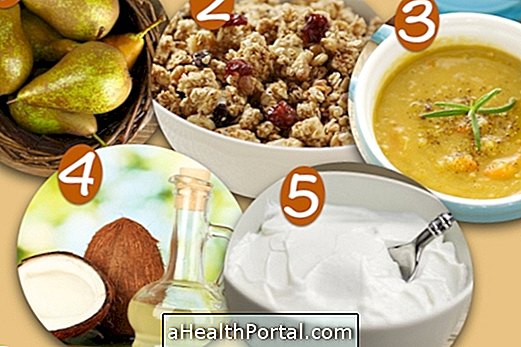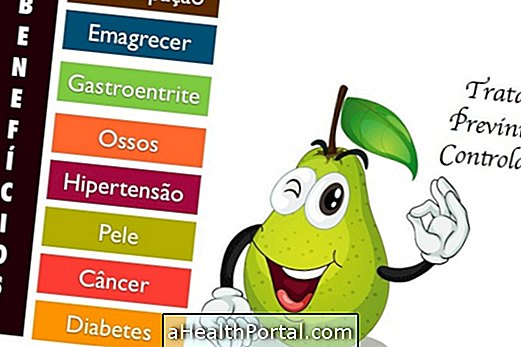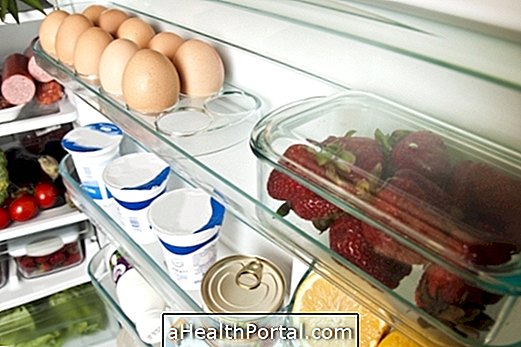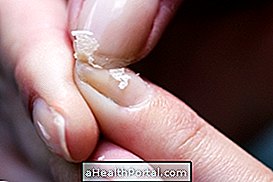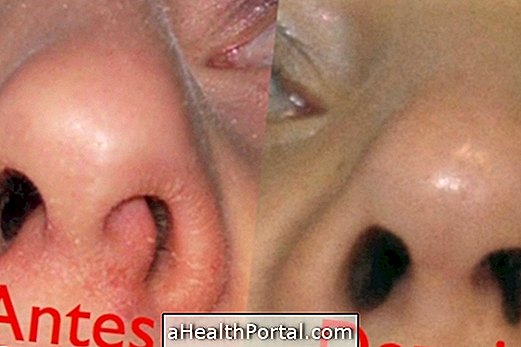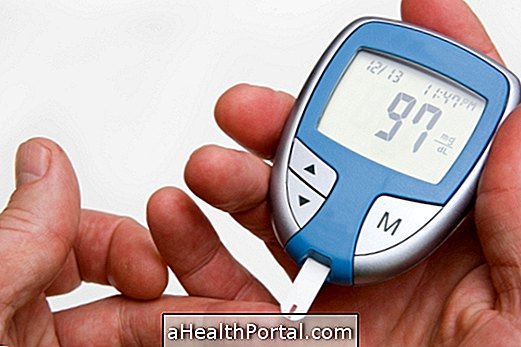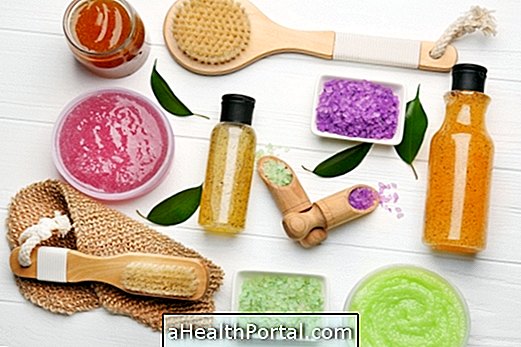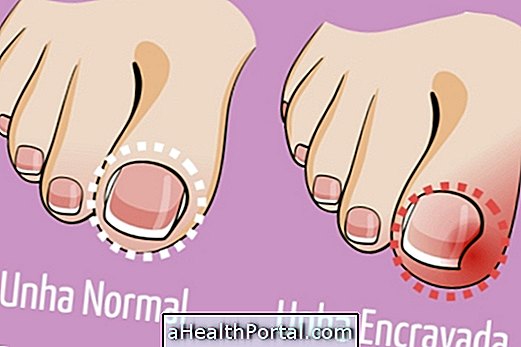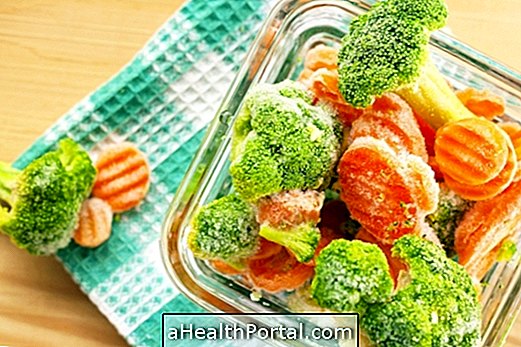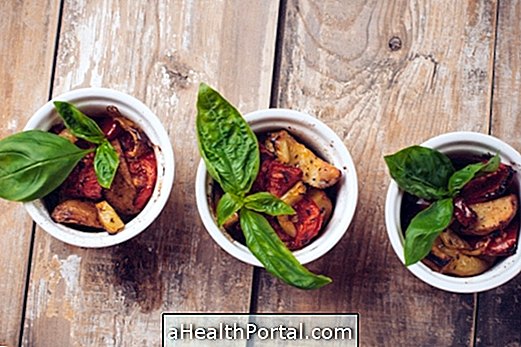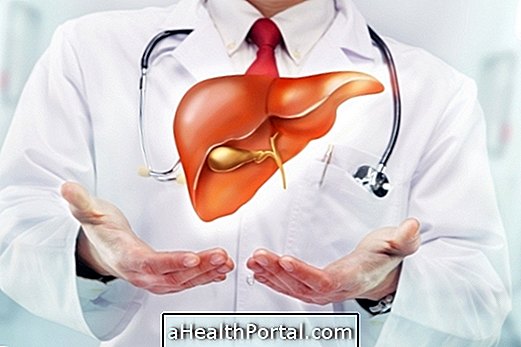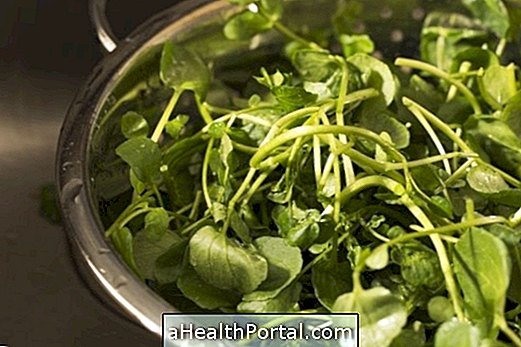Foods rich in methionine are mainly eggs, horse nuts, milk and dairy products, fish, seafood and meats, which are protein-rich foods. Methionine is important for gaining muscle mass by increasing the production of creatine, a protein that stimulates hypertrophy and is used by athletes to accelerate muscle growth.
Methionine is an essential amino acid, which means that the body can not produce it alone, and therefore it must be obtained through food. In the body, it plays important roles such as helping to strengthen the immune system and assist in the production of energy.
See the table below for the amount of methionine in food.
| Foods | Amount of methionine in 100 g of food |
| Egg white | 1662 mg |
| Chestnuts | 1124 mg |
| Fish | 835 mg |
| Beef | 981 mg |
| Parmesan cheese | 958 mg |
| Chicken breast | 925 mg |
| Pork | 853 mg |
| Soy | 534 mg |
| Boiled egg | 392 mg |
| Natural yogurt | 169 mg |
| Bean | 146 mg |
A balanced diet, with adequate intake of meats, eggs, milks and cereals like rice, is sufficient to provide the proper daily amount of methionine to the body.
What is methionine for?

Methionine has the following functions in the body:
- Stimulate the gain of muscle mass by increasing the production of creatine;
- Act as an antioxidant, preventing damage to cells and strengthening the immune system;
- Strengthen the immune system as it is an antioxidant and reduces inflammation;
- Prevent recurrent urinary tract infections by helping to prevent bacteria from proliferating in the bladder;
- To favor the detoxification of the organism, by generating substances that help to eliminate toxic compounds, like some substances of medicines.
- Help relieve the symptoms of arthritis and rheumatism.
In some cases, your doctor may prescribe methionine supplements that may help in the treatment of liver diseases, such as liver fat. Here's how to take creatine for hypertrophy.
Caring for excess and side effects
Naturally occurring methionine in foods usually causes no side effects, but care must be taken to avoid the use of supplements of this substance without medical advice.
Excess methionine can cause dangerous side effects such as increased growth of tumors and heart disease such as atherosclerosis, especially in cases of folic acid deficiency, vitamin B9 and vitamin B12.


